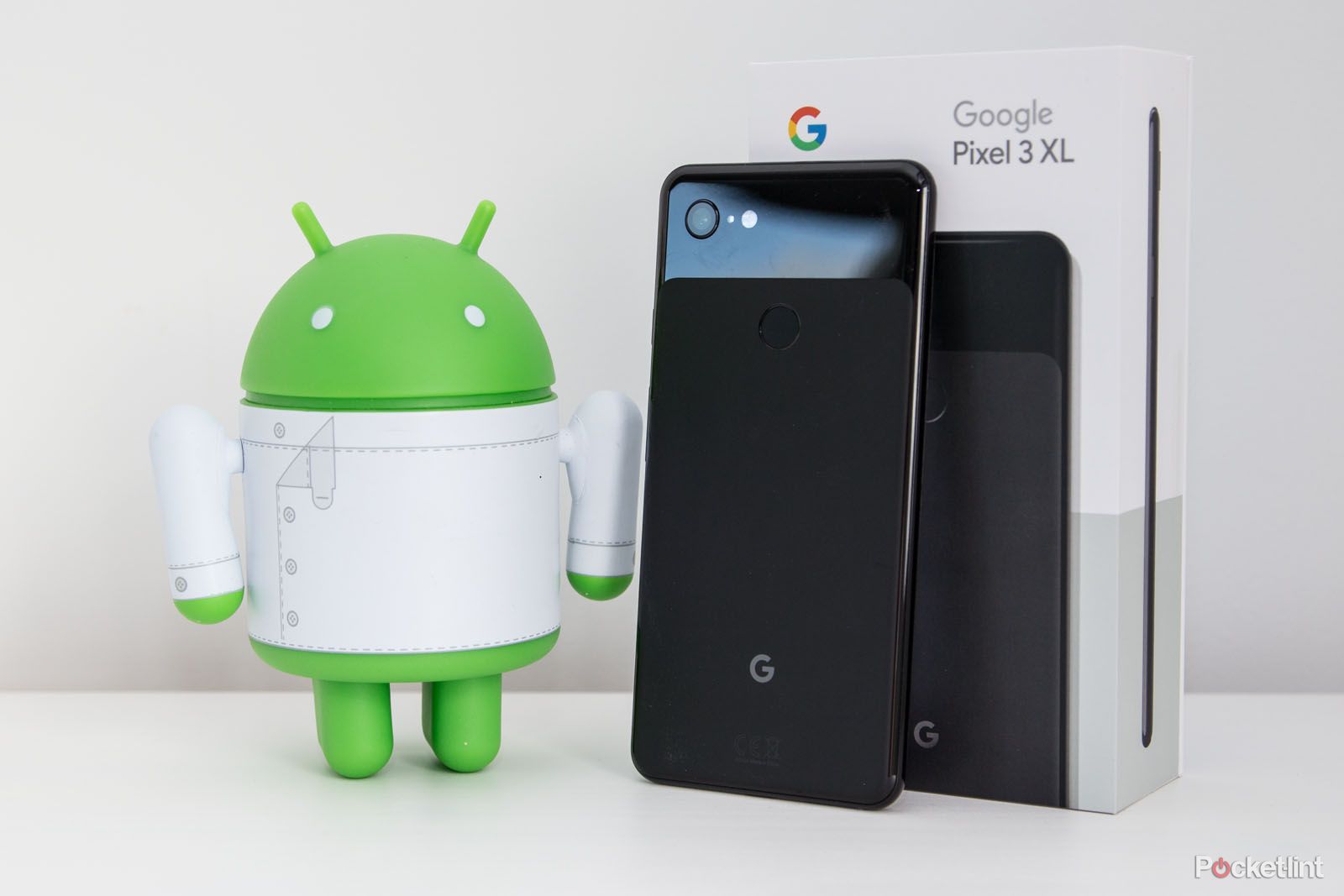The pace of Android updates are often the talk of platform battles - manufacturers tussle it out to be the first, Google's own devices are lauded for updating quickly, while Apple laughs at the whole situation, pushing out updates with military precision.
That's changing, however. When Google launch Android 8.0 Oreo, it also introduced something called Project Treble. The aim of Project Treble was to make the update process easier, from the core hardware providers through to the final device manufacturer. It involved a major change in Android to implement this - but it's also now paying dividends.
The impact can clearly be seen in how devices running Android are now being updated. The growth of the Android beta has been impressive, but it's not just a convenience feature, it's really enabling faster updates for an increasing number of devices and manufacturers and we've now seen that through the Android 9.0 Pie update and into the Android 10 update.
While this isn't the same sort of big hit that Apple gets, Android is a very different space, spanning many hundreds of different combinations of hardware and manufacturer - something we've discussed at length before.
Some companies obviously shine in this situation: Nokia is one of the fastest to update, likely due to running Android One, free from bloat and clutter and has already started the push of Android 10 to the Nokia 8.1. But OnePlus is really playing the update game too, not only launching new devices on Android 10, but pushing that to devices launched earlier in the year.
One of the slowest manufacturers has always been Samsung. Typically, Samsung pushes a new version of Android with an update to its own platform - One UI (previously TouchWiz and Samsung Experience UX). This often happened after Samsung had announced a new device - around March in any year.
But Google sheds some light on Samsung too - praising Samsung for getting its One UI beta live a month earlier in 2019 than in 2018. Google also says that Samsung has "committed" to getting something updated to Android 10 before the end of 2019.
That's a big shift in behaviour for Samsung and ultimately, helps address that common criticism that Android devices are slow to update to the latest version.
There's a lot more technical detail on the Google blog you can find on the source link below if you want to read more - and you can always find out when your update might be arriving via our Android 10 update guide.

